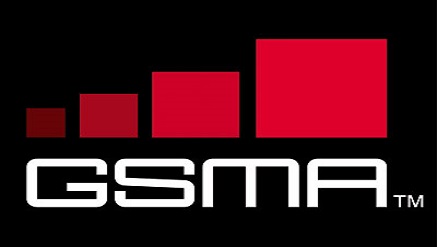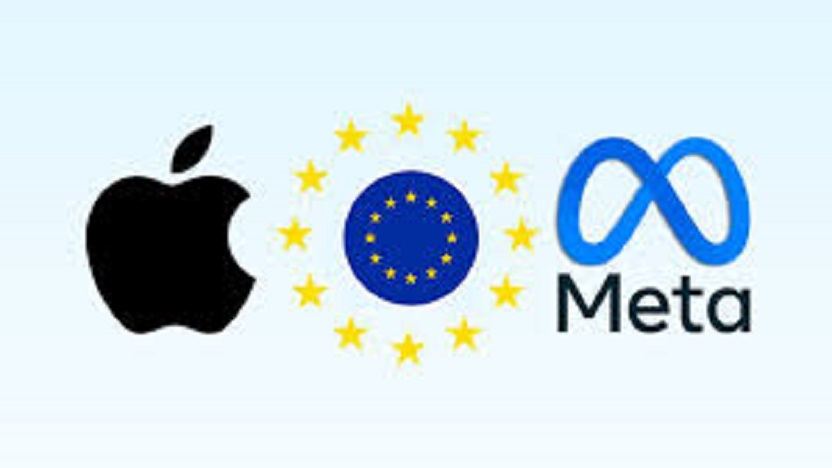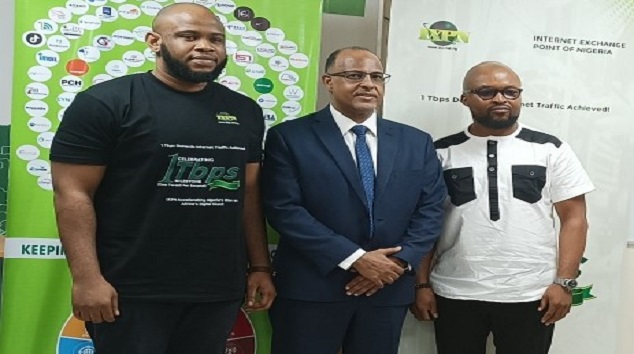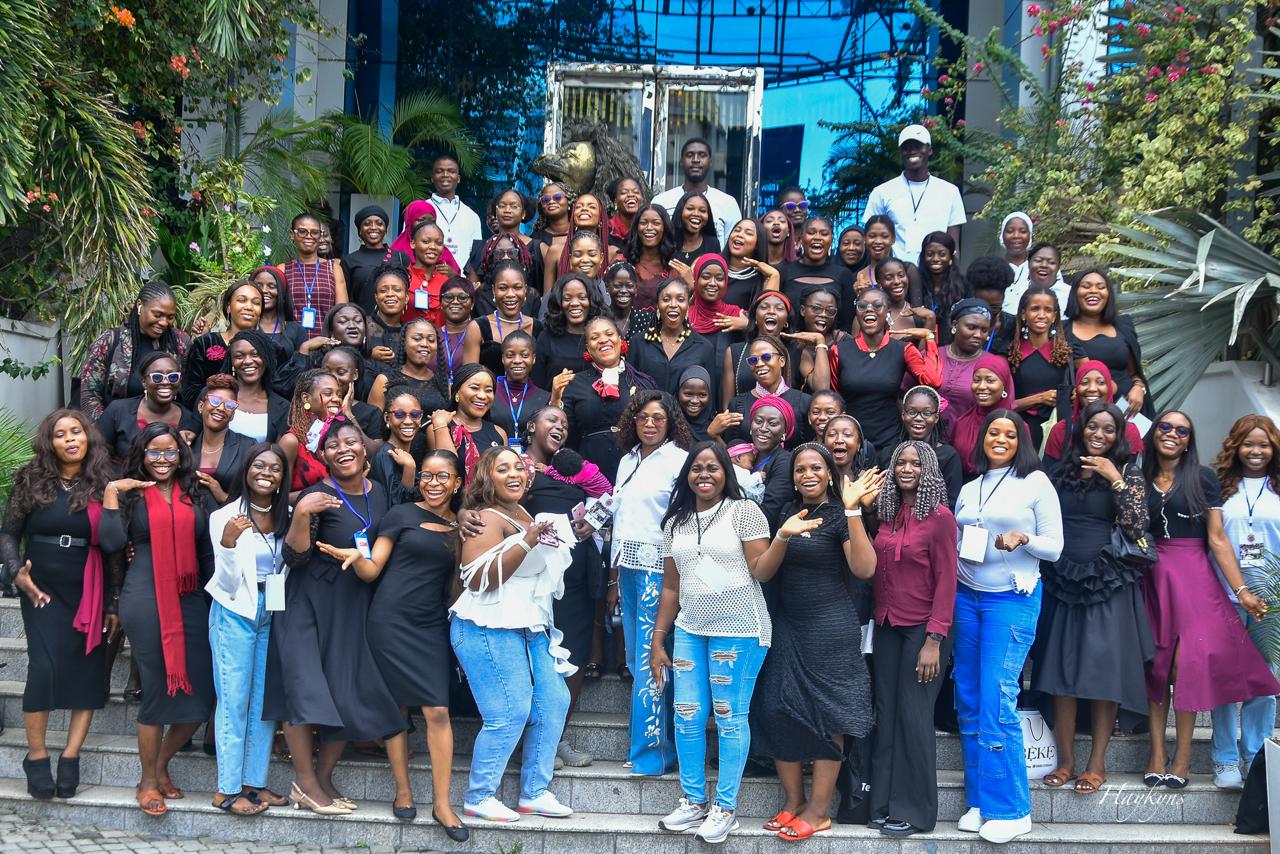Telecom
Mobile Identity Unlocks Digital Service Delivery for Governments Globally

With digital identity proving a powerful catalyst for eGovernment service delivery around the world, a new report published today by the GSMA and the Secure Identity Alliance (SIA) investigates the central role of the mobile device in providing trusted, secure access to a growing range of public services.
Jointly authored by the GSMA and the Secure Identity Alliance, the report, ‘Mobile Identity – Unlocking the Potential of the Digital Economy’, presents best practice from mobile identity implementations currently in operation around the globe.
The report is intended to provide an expert resource for public service policy makers tasked with developing digital strategies to enhance social welfare, establish fairer government and accelerate economic growth.
It provides detailed insights on the benefits that the mobile industry can bring for government and citizens alike through the creation of a trusted framework that delivers privacy by design, alongside security and convenience for users.
Commenting on the report, Frédéric Trojani, chairman of the Board of the Secure Identity Alliance, said: “Governments around the world are already using mobile technology as a key enabler to deliver interoperable digital identity services that make it possible for citizens, governments, consumers and businesses to interact in a private, trusted and secure environment.”
Marie Austenaa, head of Personal Data, GSMA said: “Mobile digital identity reduces the risk of identity theft, and simplifies the login experience for citizens to a range of services such as healthcare, government and banking while respecting their privacy. With a mobile identity framework in play, governments are able to give citizens direct access to services via a mobile device and can move government services into the electronic realm. It also opens the way to for the mass adoption of a whole range of digital services, including banking, personal health and education services.”
As citizens in the developed world engage with an ever-growing number of government and private sector organizations online, the multiplication of identities and the weak security offered by conventional password and user name approaches has opened the door to growing levels of identity theft and fraud.
In the developing world, meanwhile, governments are looking to highly effective ‘mobile identity’-based strategies to protect the vulnerable while simultaneously enabling secure universal access to a range of government gateway services that maximize participation and opportunity for all.
Case reviews within the report illustrate how governments around the world are leveraging mobile identity initiatives to assure secure and convenient identity authentication for citizens – tackling identity theft and fraud, stimulating economies locally and more broadly, and paving the way to faster and more convenient cross-border participation in the global economy for businesses.
Frédéric Trojani said, “As digital identities proliferate, it’s time for a new approach and this joint report highlights how governments can enhance security provision and accelerate eService adoption to the benefit of all,”
He continued. “With a trusted digital framework in place, governments in both the developed and developing worlds are able to usher in a new era of secure and convenient transactional possibilities for all – even hard-to-reach members of society.”
Telecom
EU Fines Apple and Meta €700m in Landmark Digital Markets Act Enforcement

European Commission has imposed landmark fines on tech giants Apple and Meta in the first enforcement actions under the Digital Markets Act (DMA), a new regulatory framework designed to enhance consumer choice and ensure fair competition in the digital economy.

Apple was fined €500 million (£428.3 million) for restricting app developers from guiding users to alternative purchasing options outside its App Store, a practice the commission said limited access to more affordable offers and stifled competition.
The commission has ordered Apple to amend its App Store policies by late June to comply with the DMA, warning that failure to do so could result in further daily penalties.
Meta, the parent company of Facebook and Instagram, was fined €200 million (£171.3 million) over its ‘pay or consent’ model, which required European Union users to either pay for an ad-free experience or consent to personalised advertising.
The commission found that this model failed to offer users a genuine choice and violated rules governing data processing and user consent. Meta’s revisions to this model, made in November 2024, are currently under review by the EU.
Both companies have pushed back against the commission’s decisions. Apple announced plans to appeal, stating that the ruling was unjust and detrimental to user privacy and security. “Today’s announcements are yet another example of the European Commission unfairly targeting Apple in a series of decisions that are bad for the privacy and security of our users, bad for products, and force us to give away our technology for free,” the company said.
Meta also criticised the EU’s approach, claiming that it imposes undue burdens on successful American companies while allowing competitors from China and Europe to operate under different standards. Joel Kaplan, Meta’s chief global affairs officer, said, “This isn’t just about a fine; the Commission forcing us to change our business model effectively imposes a multi-billion-dollar tariff on Meta while requiring us to offer an inferior service.”
The fines are part of a broader effort by the EU to clamp down on dominant digital platforms, known as ‘gatekeepers’, and ensure they do not abuse their market positions.
The commission has also concluded an investigation into Apple’s compliance with DMA rules on browsers and default apps, acknowledging changes that have opened up more space for competition.
However, Apple remains under scrutiny for its handling of alternative app marketplaces, which could attract additional penalties.
The enforcement measures may further strain transatlantic relations, with some in the United States, including former President Donald Trump’s administration, criticising the EU’s digital regulations as disproportionately targeting American firms.
Despite the pushback, the European Commission insists that the DMA is enforced impartially to safeguard consumer rights and foster a level playing field in the digital market.
Telecom
Nigeria Hits 1 Terabit Internet Traffic Milestone

IXPN, Nigeria’s leading Internet Exchange Point, is proud to announce a landmark achievement: crossing 1 Terabit per second (1Tbps) in aggregate peak domestic internet traffic for the first time.

This milestone signifies a major leap forward in developing Nigeria’s internet infrastructure and underscores the critical role of local internet infrastructure in driving economic growth, innovation, and connectivity for millions of Nigerians.
“This milestone is more than just a number. It’s a symbol of Nigeria’s digital maturity and our united strides towards becoming a tech-driven nation. By keeping local internet traffic within Nigeria, we reduce costs, improve speeds, and ensure our digital economy thrives with homegrown infrastructure.” said Muhammed Rudman the CEO of IXPN.
“Achieving 1 Tbps is a significant victory for Nigeria’s ICT ecosystem, a breakthrough for domestic internet traffic. It serves as a catalyst, enabling millions of Nigerians to enjoy faster, more affordable, and resilient internet connectivity.”

1 Terabit per second is a game-changer for Africa’s most populous country. To put it in perspective:
- Mega Video Calls: A speed of 1 Tbps can support over 1 million concurrent Zoom calls, allowing students, entrepreneurs, and professionals to connect and drive Nigeria’s digital revolution.
- Streaming Frenzy: With 1 Tbps, more than 200,000 people can stream HD Nollywood films or movies on Netflix simultaneously without any buffering or interruptions.
- Data Superpower: This speed enables the transfer of the entire contents of 50,000 smartphones—including photos, apps, and videos—in just one second.
For Nigeria, hitting this milestone means reducing reliance on international bandwidth, decreasing latency for local services, and strengthening our position as Africa’s digital heartbeat. This milestone is a testament to the power of collaboration, innovation, and the relentless pursuit of a faster, more connected Nigeria.
This accomplishment goes beyond technical advancements; it has significant economic implications. By encouraging local traffic exchange, IXPN reduces dependency on international bandwidth, leading to:
- Significant Cost Savings: By utilizing local data exchange, Nigerian businesses can save millions of dollars annually on international bandwidth fees.
- Enhanced Speed and Connectivity: With reduced latency, users experience smoother streaming, gaming, and real-time services, enhancing their overall online experience.
- Increased Resilience: Strengthening Nigeria’s internet infrastructure protects against global disruptions, ensuring consistent access to vital services such as healthcare and education.
- Improved Efficiency: Optimizes digital services like fintech, edtech, e-commerce, and e-health, propelling innovation and growth in these sectors.
Surveys conducted among IXPN members over the years have shown a growing percentage of local internet traffic in Nigeria. A recent report indicates that some connected members can localize or domesticate up to 70% of their internet traffic through IXPN.
“As more content providers, ISPs, banks, and public institutions localize their traffic through the IXP, end users benefit directly,” added Raphael Iloka (Marketing Manager). “We’re not just routing data — we’re building the foundation for Nigeria’s digital economy.”
The 1 Tbps peak highlights the remarkable impact of collaboration among all stakeholders. This milestone is a significant achievement not only for IXPN, but for the entire ICT ecosystem. IXPN deeply appreciates the vital contributions of all stakeholders involved.
To our Members and Partners: Your trust and participation have been essential to our growth. Together, we have established a hub where networks can interconnect, innovate, and thrive.
To the Government and Regulators: We express our sincere appreciation to the Nigerian Communications Commission (NCC) for all its support over the years and its vision of a digitally inclusive Nigeria.
To our Team: We extend our gratitude to our engineers, network administrators, and all other staff who work tirelessly behind the scenes to push boundaries.
To the Global Community: We are grateful to partner organizations like the Internet Society (ISOC). Your support and advocacy in domestic peering empower us all.
Reaching 1 Tbps is just the beginning. As data demands skyrocket with AI, IoT, 5G, and immersive technologies, IXPN is committed to staying ahead of the curve. Here’s how:
- Scaling Infrastructure: We are investing in advanced hardware and software to support multi-terabit capacities.
- Enhancing Resilience: We are strengthening our network to ensure uptime, security, and adaptability in an ever-changing digital landscape.
- Empowering Underserved Communities: We aim to expand our reach to rural areas, bridging the digital divide, and supporting agritech, edtech, and telehealth.
- Strengthening Africa’s Digital Sovereignty: Partnering with regional IXPs to keep Africa’s data on the continent.
Telecom
TD Africa’s TecHERdemy Empowers 400 Women to Lead in Tech

On April 17, 2025, the atmosphere at Yudala Heights was electric with pride, hope, and inspiration as TD Africa, the leading tech distribution company in Sub-Saharan Africa, celebrated the graduation of 400 young Nigerian women from its flagship TecHERdemy program.

Over the past six months, these incredible women immersed themselves in rigorous, hands-on training in Cybersecurity, Data Science, Artificial Intelligence, and Software Development. They are now confidently stepping into the tech world, ready to make their mark.
The event brought together top voices in the industry, including Dr. Leo Stan Ekeh, Chairman of the Zinox Group, who commended the graduates for their resilience and brilliance. In his keynote speech, he shared a hopeful vision for Africa’s future, calling these young women “the pioneers of a new, inclusive era of tech leadership on the continent.”
Mrs. Chioma Ekeh, CEO of TD Africa, also delivered a heartfelt message, urging the graduates to let their values guide them as they navigate their careers.
“Hold tightly to your values. Let integrity guide your work, let innovation fuel your dreams, and let your impact speak louder than your résumé,” she encouraged.
The ceremony was filled with emotion as graduates shared their personal stories of transformation. One of them, Yetunde Kayode, now a certified data scientist, summed it up beautifully: “This program changed my life. I’m walking away empowered, skilled, and deeply grateful to Mrs. Ekeh and the TecHERdemy team for believing in us.”
Fifteen exceptional participants were also honoured for their outstanding performance and leadership during the program, reminding everyone that excellence comes in many forms.
TecHERdemy, which launched in November 2024, was built with a simple but powerful mission: to equip young Nigerian women with globally relevant digital skills and open doors to a tech career. But what happened over those six months went beyond just skills; it sparked a movement.
This graduation wasn’t just the end of a program. It was the beginning of a brighter, more inclusive future for tech in Africa.

 Telecom3 days ago
Telecom3 days agoDigital Transformation Remains Africa’s Gateway to Economic Advancement – Adumike

 Telecom3 days ago
Telecom3 days agoPAFON 2.0: Experts Discuss Pathways to Boost Financial Inclusion in Nigeria

 General News3 days ago
General News3 days agoEFCC Clarifies SCUML Certificate Misuse amid CBEX Ponzi Scheme Scandal

 Telecom2 days ago
Telecom2 days agoMTN Nigeria Faces Class Action Lawsuit over Alleged Data Mismanagement

 General News2 days ago
General News2 days agoFG to Introduce New Tax Credit Scheme to Replace Pioneer Status Incentive

 E-Financial2 days ago
E-Financial2 days agoFCMB Capital Markets Leads ₦11.85bn GLNG Bond for LNG Plant Expansion

 E-Financial3 days ago
E-Financial3 days agoCBN, NGX Group Defend Economic Reforms at Nasdaq

 Telecom2 days ago
Telecom2 days agoNigeria Hits 1 Terabit Internet Traffic Milestone



























